CINEMA
SENEGAL – “MDHM”: the underbelly of Marodi’s divorce from Halima Gadji, who received FCFA 300,000 for 8 months of filming
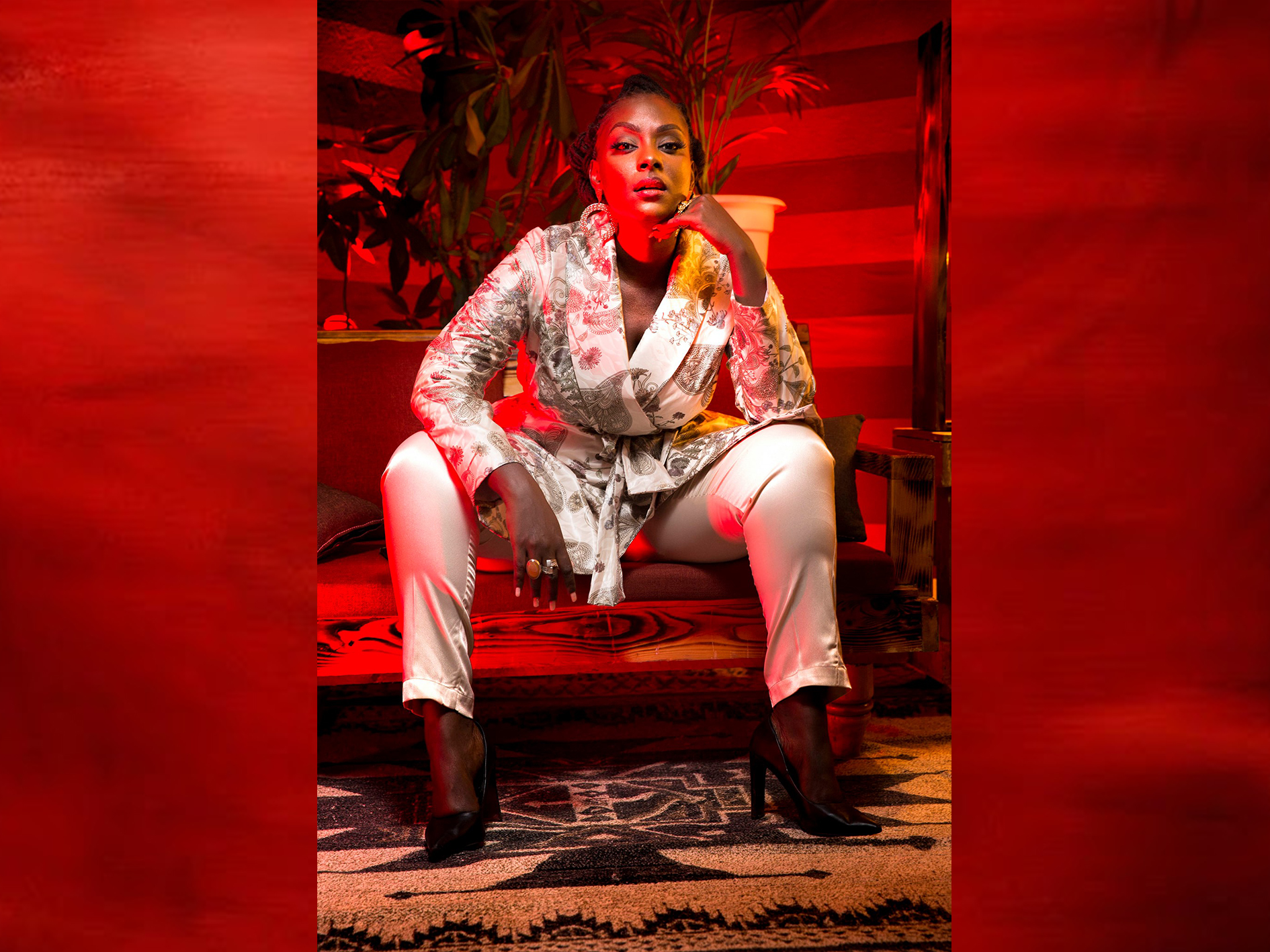
Despite her deep bitterness, Halima Gadji, the main actress of the Senegalese series Mistress of a married man had first decided to keep quiet about the problems of cachet and to continue the adventure with season 3 of the famous series.
According to the newspaper L’Observateur, in its Tuesday edition, Halima Gadji, who played the role of “Mariéme Dial” in the series, received a salary of 300,000 CFAF for 8 months of filming. While usually out of season MDHM, it could make a million a month, according to the newspaper.
In the meantime, the agency that represents her and now manages her image, would have taken a stand with the production company Marodi to renegotiate her contract, and demand insurance to compensate for any accident, during the shoots and that his muse is paid per day as is the rule in the middle.
His salary thus went from the simple triple and Anzul would even have undertaken to claim
rights to the advertisements. However, Halima Gadji would have calmed the game and asked her label to be more flexible with Marodi, because she wanted to take part in this project, which she believed from the beginning.

Affiche “Maîtresse d’un homme marié”
The negotiations were therefore on track between the two parties
A date was even set for Halima’s arrival in Senegal, according to the newspaper. Until Anzul claimed her actress’s schedule and the script to better manage her time. He also wanted to know if his role was in line with his status as lead actress, so as to avoid any unpleasant surprises.
A request to which Massamba Ndour refused to accede. Instead, he would have simply sent them an email announcing that he preferred to take Halima out of the show, while wishing her good luck. A sledgehammer for the star who would have felt betrayed once again. All the grudges she had swallowed and the sacrifices she had made to help her friend Kalista Sy, the writer of the show, would have come to the surface.
Her health had even suffered during the previous season. On two occasions, she had been interned in hospital. At the end of her nerves and feeling that she was not respected, “Marème Dial” finally gave up.
Contrary to some rumors, it is not a resignation but rather an eviction of the series. Faced with a fait accompli, the actress had no choice but to respect the producer’s decision.
The newspaper reported that he tried to contact Massamba Ndour, but the producer did not wish to comment on the matter.
Source : PressAfrik

Halima Gadji @Anzul
CINEMA
MOROCCO – Morocco is in the spotlight at the 76th edition of the Cannes Film Festival by Asmae el moudir

Maryam Touzany, as a member of the official jury of the 76th Cannes Film Festival, will play a key role in the evaluation and selection of films in competition. As a member of the jury, she will bring her expertise, perspective and informed judgment to determine the winners in different categories. Maryam Touzany’s participation as a member of the jury highlights the importance of diversity and representation in the selection process of the Cannes Film Festival.
The 4 films supported by the «Atlas Workshops» selected:
1.Asmaa EL MOUDIR – The mother of all lies:
This film, directed by Asmaa El Moudir, is presented in the official selection of the 76th Cannes Film Festival. “The mother of all lies” explores the themes of truth, manipulation and the consequences that follow. The film immerses viewers in a compelling story where a mother’s lies have a profound impact on the lives of her family and those around her. Through a powerful narrative, the film addresses universal questions of integrity, trust and responsibility.
2. Faouzi BENSAIDI – Deserts:
“Deserts”, directed by Faouzi Bensaidi, is another Moroccan film selected in the official category of the Cannes Film Festival. This feature film explores the themes of isolation, the quest for identity and the search for meaning in a complex modern world. The film follows the path of a protagonist confronted with physical and emotional deserts, struggling to find his place in a constantly changing environment. With beautiful landscapes and a profound reflection on human existence, “Deserts” promises an intense and introspective cinematic experience.
Kamal LAZRAQ – The Packs:
“Les Meutes”, directed by Kamal Lazraq, is a Moroccan film selected in the official category of the Cannes Film Festival. This film addresses contemporary social and political themes by exploring group dynamics and collective movements. Through a powerful and provocative narrative, the director sheds light on the tensions, aspirations and struggles emerging within the packs, symbolizing the complex social dynamics of our time. The Packs” offers a profound reflection on human nature, individual aspirations and the power of collective movements.
4 . Zineb WAQRIM – Ayyur:
“Ayyur”, directed by Zineb Waqrim, is another Moroccan film presented in the official selection of the Cannes Film Festival. This feature film explores the story of a young woman facing patriarchal traditions and social constraints in a rural context. Through its journey of resilience and empowerment, the film addresses themes such as individual freedom, gender equality and the quest for identity. Ayyur” offers a unique perspective on the challenges faced by Moroccan women and the search for their own voice in a traditional society.
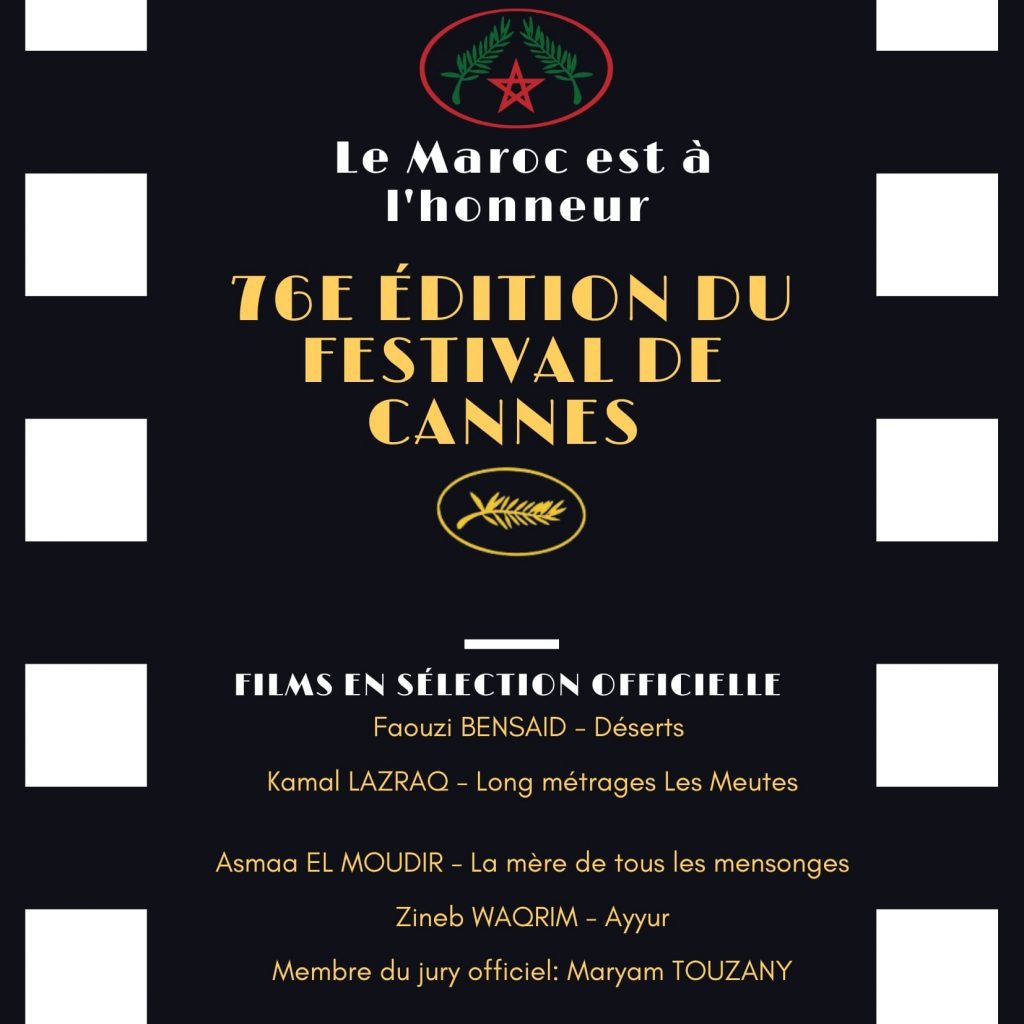
CINEMA
SENEGAL – Vues d’Afrique International Film Festival: Mame Woury Thioub wins short documentary award

Senegalese director Mame Woury Thioub wins the short documentary award at the 39th Vues d’Afrique International Film Festival in Montreal from April 21 to 30, 2023.
The Vues d’Afrique International Film Festival is the largest festival of its kind outside the continent, screening more than 100 films each year about Africa, the Creole countries and their diasporas. A showcase for African and Creole cinema, this must-see event is a forum for exchange between international film professionals.
With a new perspective on Africa, Creole countries and diasporas, through the dissemination of cultural productions, Vues d’Afrique promotes cultural diversity and the rapprochement between people of all origins and African and Creole countries.
Mame Woury Thioubou is a journalist by training. Between 2004 and 2007, she was the Matam correspondent for Le Quotidien. In 2009, she joined the Master of Documentary Direction of Creation of the University Gaston Berger de Saint Louis (UGB). The school film she directed in 2009, Face à face, won the Ebène award for Best Documentary at the Neighbourhood Film Festival.
In 2011, she directed Une journée avec Ngoné as part of a series in collaboration with Arte. Mame Woury Thioubou, who trained at Africadoc des Fondamentaux de la Production in 2016, joined the Impluvium Productions structure.
The same year, she directed her first medium-length film Agora Braille, which deals with the schooling of blind children in Senegal through the struggle of an emblematic woman, Aïssata Pouye. In 2018, she completed her first feature film, Fifiré en Pays Cuballo in the Senegal River Valley.
CINEMA
AFRICA – Two African films honoured at the Cannes Film Festival

On April 13, the 76th Cannes Film Festival announced the films chosen to participate in its official competition. Two African productions have been selected to try to win the Palme d’Or of this edition which will be held from 16 to 23 May.
Two African films were selected to try to win the Palme d’Or at the Cannes Film Festival. The information was made public at the official announcement of the
19 films will be in the running to win the 76th gold prize at the Cannes Film Festival from 16 to 23 May. Africa is not left out with two films selected. Among them are «Banel et Adama» by Franco-Senegalese filmmaker Ramata-Toulaye Sy (photo), and «Olfa’s daughters» by Tunisian Kaouther Ben Hania. Shot in the Pulaar language, a variety of Peul mainly spoken in Senegal, with a team mostly Senegalese, Banel and Adama seem to attach great importance to the identity it conveys.
The daughters of Olfa a documentary that follows the tumult of the life of a woman whose two teenage daughters are radicalizing and joining the terrorist organization Daesh in Libya.
“The focus has been more on Asia in the last 20 years, with other countries like Japan, and now on Africa, because that’s where a number of young filmmakers from North Africa, East Africa, are coming from. from English-speaking Africa or sub-Saharan Africa, as Senegal is in competition,” explains Thierry Fremaux, director of the Cannes Film Festival.
The two filmmakers are not the only ones to represent the African continent. Sudanese Mohamed Kordofani, Congolese Baloji Tshiani, as well as Moroccans Kamal Lazraq and Asmae El Moudir were also selected in the “Un certain regard” section of the official selection dedicated to young talent and innovation.
-

 EAST AFRICA1 year .
EAST AFRICA1 year .TANZANIA – President meets with Chairman of the Board and CEO of the Merck Foundation
-

 BUSINESS8 months .
BUSINESS8 months .GUINEA – Authorities demand repatriation of mining revenues
-
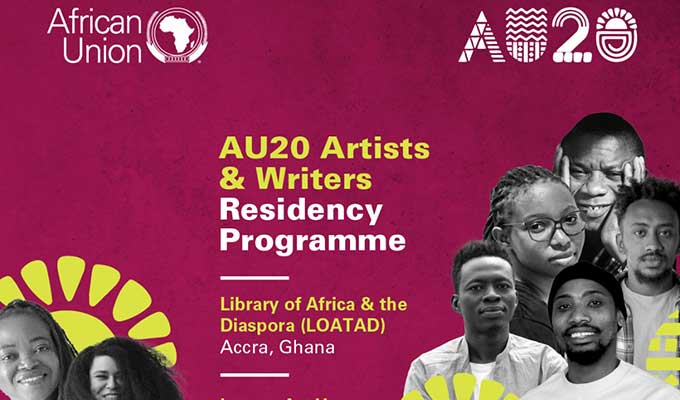
 CULTURE2 years .
CULTURE2 years .AFRICA – African writers and artists celebrate the 20th anniversary of the African Union
-

 CHAUD TOO CHAUD3 years .
CHAUD TOO CHAUD3 years .POLITICS – [INTERVIEW EXCLUSIVE] – MADAGASCAR – Fanirisoa Ernaivo, a politician and activist committed to the rule of law and respect for democracy
-
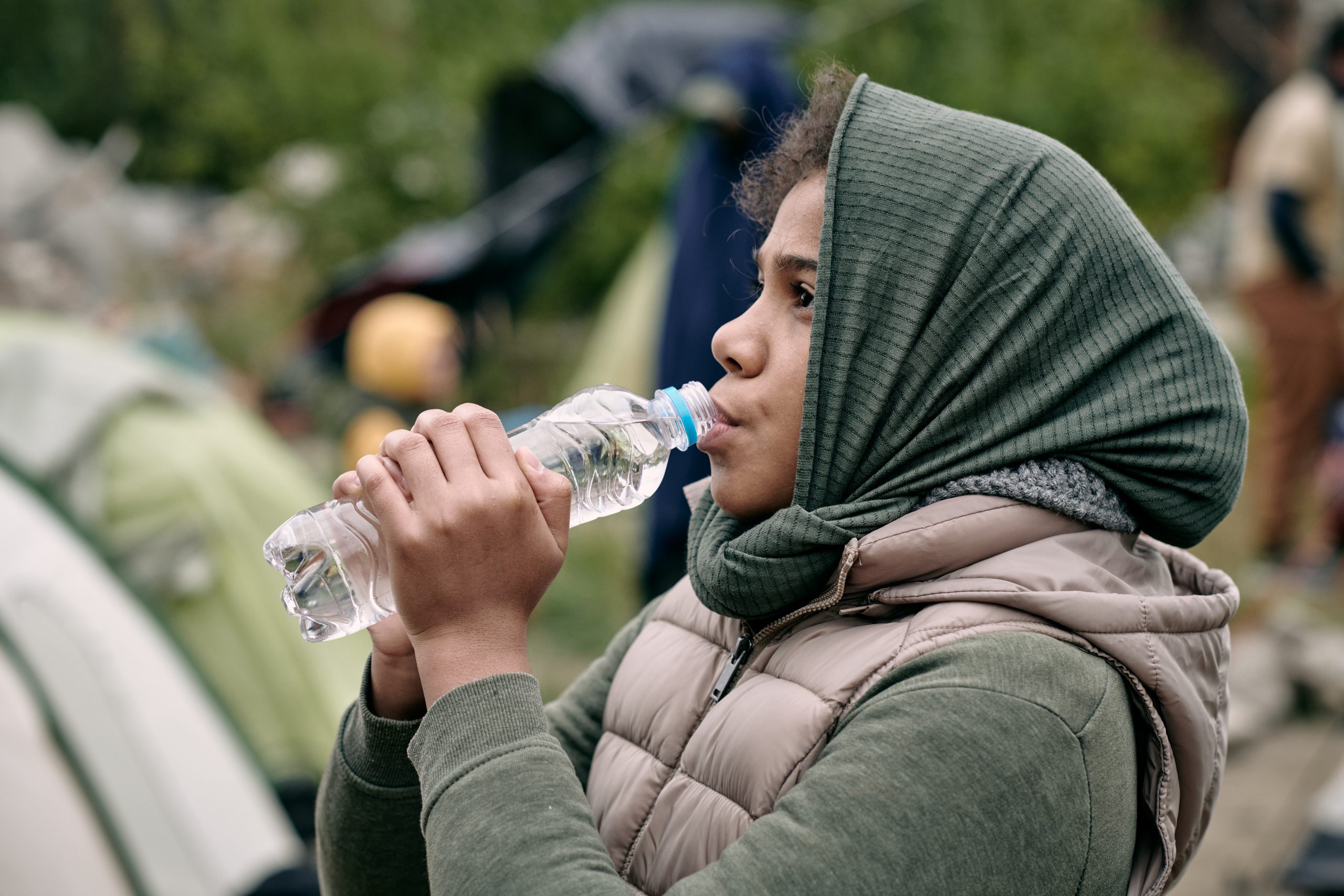
 IMMIGRATION10 months .
IMMIGRATION10 months .AFRICA – Migrant smuggling brings 59 billion CFA francs to smugglers per year
-
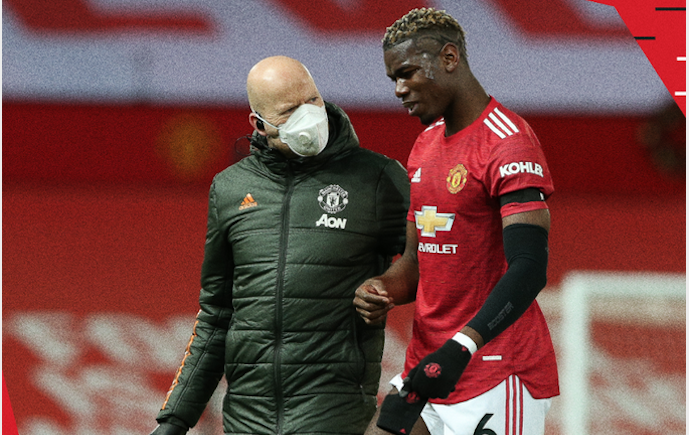
 A LA UNE3 years .
A LA UNE3 years .GUINÉE: Manchester United: Paul Pogba absent several weeks
-

 POLITICS5 months .
POLITICS5 months .SENEGAL – Presidential election 2024: Registration of 79 candidates declared
-

 CULTURE3 years .
CULTURE3 years .SENEGAL – “Sadik Lady” by Viviane Chidid



